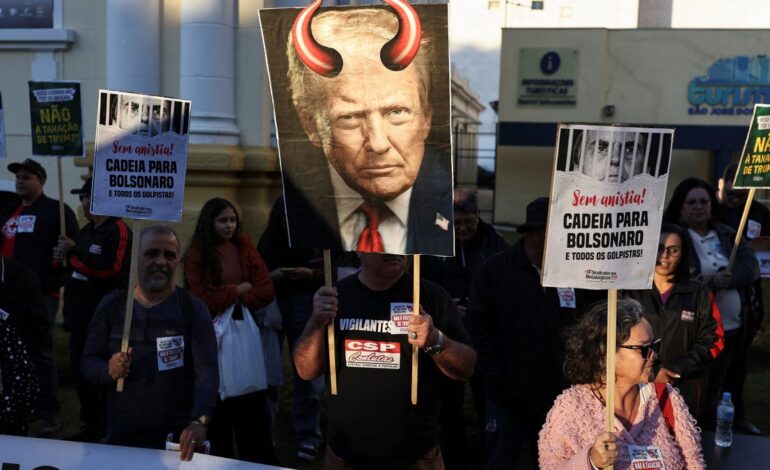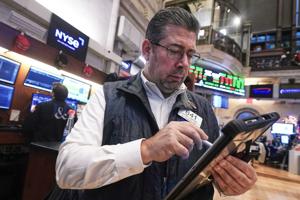Trump Dismisses Economic Advisor After Disappointing Job Numbers

Former President Donald Trump has taken decisive action following the release of a disappointing jobs report that revealed a significant slowdown in U.S. job growth. The report, issued by the U.S. Department of Labor on March 8, 2024, indicated that only 236,000 jobs were added in February, falling short of analysts’ expectations of approximately 300,000 jobs.
In response to the unfavorable economic data, Trump announced the dismissal of his economic advisor, a move that has drawn a mix of criticism and support. The advisor, whose identity has not been disclosed, had been responsible for interpreting and reporting on key economic indicators, including employment figures.
Trump’s decision reflects a broader trend among political leaders to shift blame during challenging economic times. By removing the individual accountable for the jobs report, Trump aims to distance himself from the negative implications of the data.
Impact on Economic Strategy
The release of the jobs report has significant implications for the U.S. economy, particularly as the nation navigates potential recessionary pressures. Economists had anticipated a robust job market, which is crucial for consumer confidence and overall economic growth. The stark contrast between expectations and reality has raised questions about the effectiveness of current economic policies.
As Trump repositions his administration’s economic strategy, analysts are closely watching how this change in leadership will influence future employment reports and broader economic initiatives. The labor market is a key area of focus, given its direct impact on consumer spending, which accounts for a substantial portion of the U.S. economy.
Reactions from Economists and Politicians
The decision to fire the economic advisor has sparked a debate among economists and political commentators. Some argue that leadership changes are necessary to revitalize economic performance, while others caution against scapegoating individuals for systemic issues.
Prominent economist Dr. Emily Roberts commented, “Firing someone does not address the underlying challenges facing the labor market. Policy changes and strategic planning are essential for sustainable job growth.”
Political leaders have also weighed in on the situation, with some expressing support for Trump’s actions as a necessary step to regain public trust in economic management. Others, however, view the move as a diversion from the real issues affecting American workers.
As the situation unfolds, the focus on job growth and economic stability remains paramount. The U.S. government faces increasing pressure to implement effective strategies that address the prevailing concerns in the labor market, ensuring that future job reports reflect a more positive outlook for American workers.
In the coming weeks, all eyes will be on the White House as Trump seeks to navigate these economic challenges and restore confidence among voters, particularly in light of the upcoming elections.






